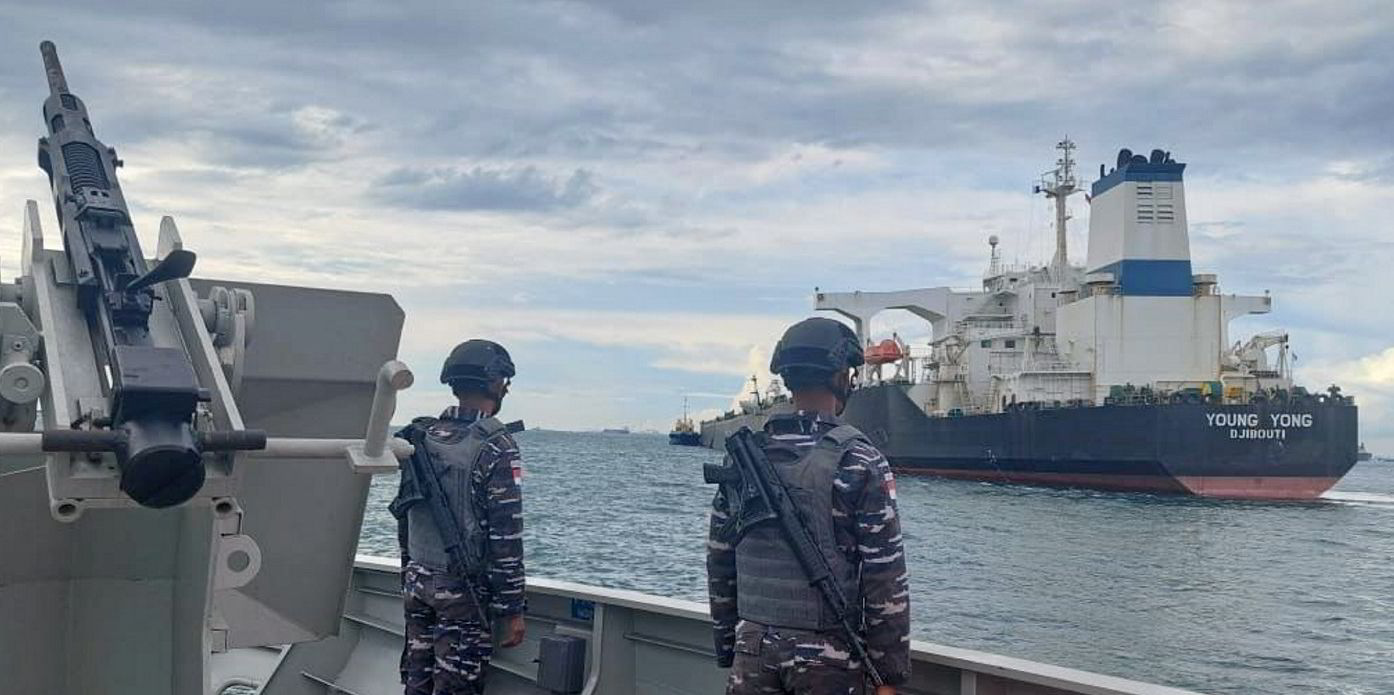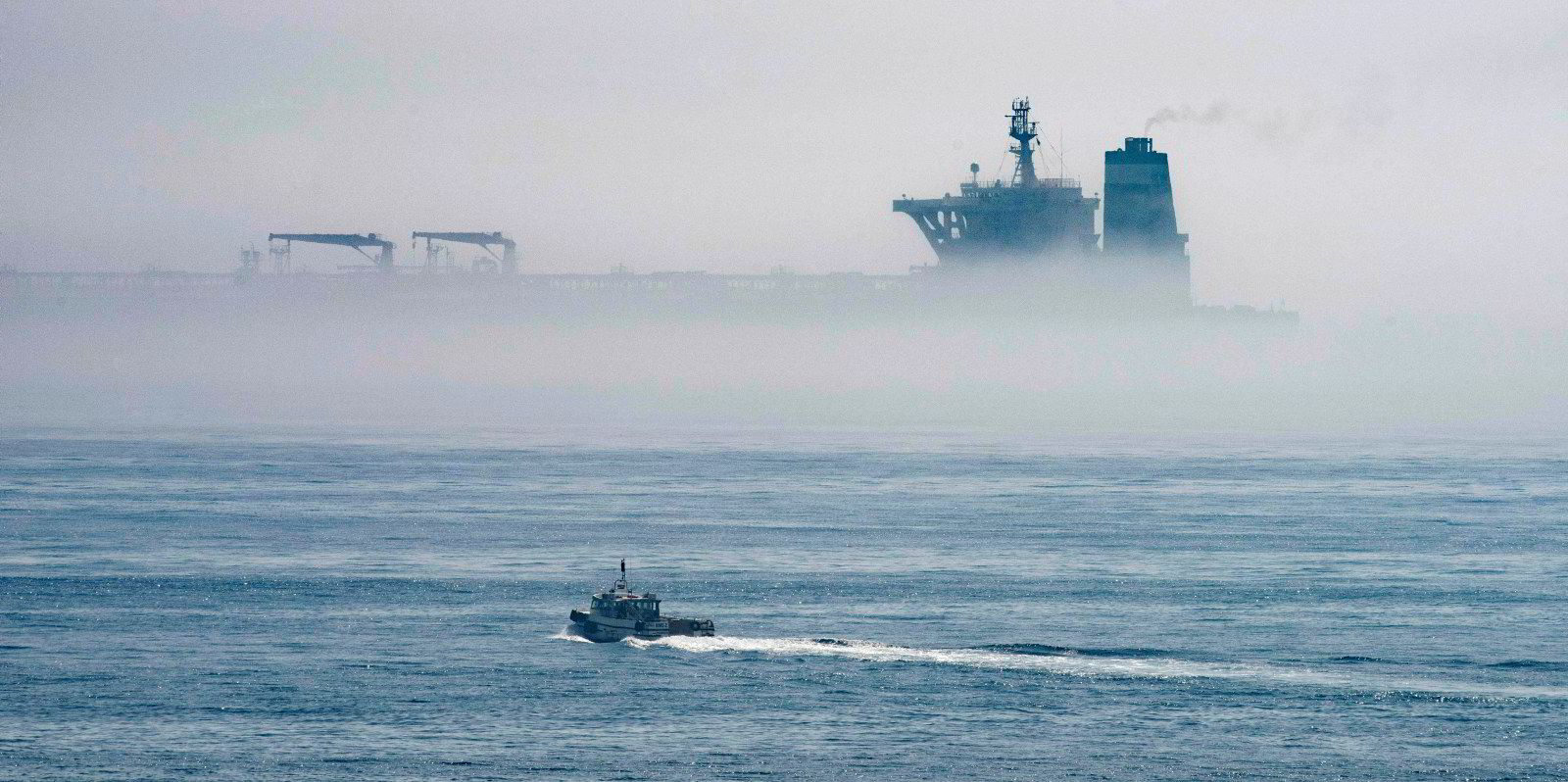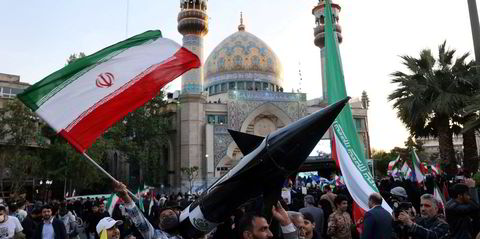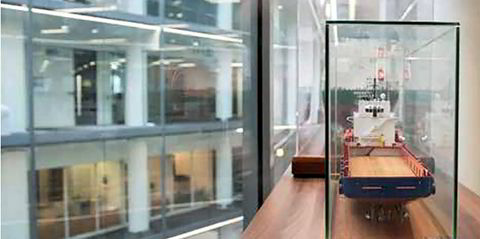A senior US sanctions official is visiting Turkey and the Middle East this week to warn of the risks of breaching its sanctions targeting Russia and Iran.
Brian Nelson’s tour will include stops in Dubai and Istanbul, which have emerged as key locations for businesses linked to the trade in sanctioned crude.
Nelson, head of the Treasury’s financial intelligence and counter-terrorism teams, will tell the authorities in the United Arab Emirates and Turkey that the US will “continue to aggressively enforce its sanctions”.
It said individuals and institutions that breach US sanctions rules risk losing access to G7 markets.
While the US bears sole responsibility for the enforcement of its unilateral sanctions, it has struck an agreement as part of the G7 to enforce an oil price cap, which seeks to limit profits from Moscow’s fossil-fuel sales.
Western tankers, insurers and financiers can invest in Russian crude trades only if the oil is sold to buyers outside of the European Union for less than $60 per barrel. Separate caps for oil products are due to come into force on Sunday.
One of Nelson’s first stops was in Oman, where he discussed cooperation on countering illicit finance.
The US Treasury referred to Iranian and Russian sanctions in its announcement of the trip.
It said that those behind sanctions breaches “risk potentially losing access to G7 markets on account of doing business with sanctioned entities or not conducting appropriate due diligence to guard against illicit finance risks”.
Nelson announced last month that Washington was blacklisting a businessman with ties to Turkish President Recep Tayyip Erdogan over a network of companies that allegedly arranged oil sales and shipments to the Iranian regime.
A month earlier, the US listed seven crude carriers and four product tankers with ties to Iran and its Hezbollah allies in Lebanon.
Those ships were linked to Viktor Artemov, a Switzerland-based Ukrainian, and a network of front companies including Istanbul-based Monumont Ship Management, which has been active in tanker sale and purchase since 2021.
Dubai hub
Dubai has emerged as a key hub for shipowners.
More than 30 Russian trading companies have based themselves there since the war started, according to The Economist, citing Robin Mills of consultancy Qamar Energy.
Dubai-based operators accounted for 60% of ship-to-ship transfers involving Russian crude off the Greek port of Kalamata, according to data analyst Vortexa. The transferred crude ended up in India, one of the main buyers of cut-price Russian barrels.





